By Andrew Ellis, Editor-in-Chief
Kari Arnett has done it all. That’s how it works when you’re an independent singer-songwriter trying to make your mark. She books her own shows, does her own social media, pushes her own music to radio stations, and so much more. It’s tireless and oftentimes exhausting, but it’s the kind of life you accept when you’re your own team.
That DIY model has earned her more than a little insight into how the industry works – the good, the bad, and the very, very ugly. So she’s always open to giving out advice. Unfortunately, not everyone is always wanting to hear it.
“I was dealing with another musician who happened to be a male, and he was telling me about his CD coming out and a radio campaign,” she says. “And I was trying to give some advice, because I’ve had a little experience with it and I was just trying to be helpful – and he stopped me in my tracks.”
He didn’t want to any advice from her. She left but that interaction stayed with her. She played it over in her head. Was she wrong to offer advice? Should she have responded differently? The more she thought about it the more she got frustrated, because she knew what she was talking about.
“It’s just like, ‘Well, what do I know. I’m just a woman,” she says. “And it was a very sarcastic statement.”
With that, “Only a Woman” came pouring out of her. It wasn’t just her frustrations she drew from, but those of countless other female singer-songwriters who had gone threw similar ordeals. They’ve all had to struggle with being heard, being taken seriously, and getting opportunities like festival bookings and other high profile concerts. Then there’s the on-going issue of female representation on country radio, and expanding beyond the four or five that are already played.
“We need more diversity and not just blonde-haired blue-eyed country singers,” she says. “I’m kind of getting sick of just the same ol’ same ol’.”
There needs to be a change, and she knows it needs to come from those already in positions of power. It’s the men that make up most of the radio DJs, producers, and engineers in the industry.
“We need some allies that are gonna stand up for us, too, and say, ‘Yeah, why aren’t you playing so and so on the radio?’,” she says.
She’s not looking for any kind of domination of the radio waves. She just wants there to be a level playing field.
“I love a lot of guy singer-songwriters, too. So there’s no discrimination,” she says. “It’s just I’m feeling the lack of women representation in americana and country radio. And I hope we can change that.”
She hopes her song can help a little bit. Maybe it starts moving the never-ending conversations about this issue into a direction that leads to actual action.
“My tiny little song maybe will spark some thoughts,” she says. “I don’t know.”
